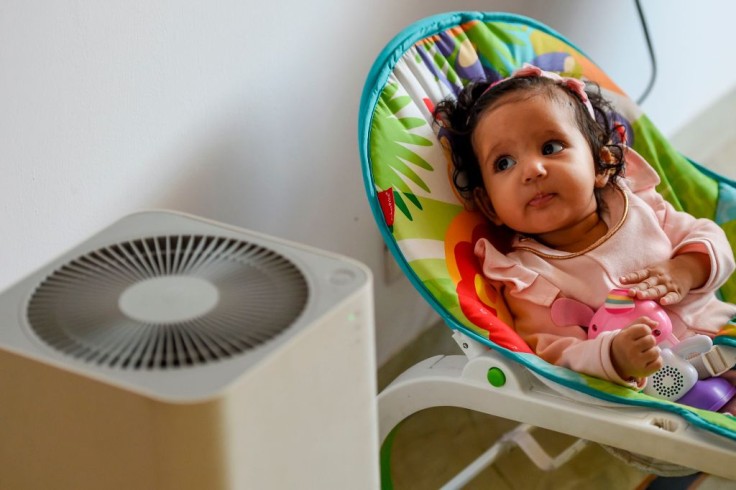
Due in part to concerns about air quality, home air purifiers are becoming more and more popular. Despite what they claim, do air purifiers really eliminate indoor pollutants?
Healthline said it is, but to a certain degree. This is owing to the fact that many bothersome particles can settle on furniture, bedding, and walls, so an air purifier probably won't be able to remove all of them from your home.
Air purifiers basically work by cleansing the air, which may contain pollutants, allergens, and toxins. These devices perform the exact opposite of essential oil diffusers and humidifiers, which add particles to the indoor air.
Healthline also noted that filters function in a different way than air purifiers. Purifiers can also sanitize the particles, whereas filters merely remove particles.
Learn more about the advantages of having air purifiers in your rooms below (via Live Science).
Air Purifiers Help Filtering Dust and Pet Dander
The majority of dust particles have a size of 5 microns or less, allowing them for a HEPA filter to collect and remove. While most pet dander measures in at about 2.5 microns, a HEPA filter can easily handle this. Keep in mind that our respiratory systems might be irritated by dust, microbiological pollutants like mold spores, smoke, and pet hair and dander.
Air Purifiers Help in Filtering Harmful Chemicals
Since an air purifier circulates clean air back into space after passing polluted air through a number of filters, it can help with a variety of indoor air contaminants. An air purifier may help to lessen the quantity of these pollutants that you breathe in if you use chemical cleansers or have appliances in your house that generate ozone or other contaminants.
Air Purifiers Help in Reducing Airborne Diseases
A study found that HEPA filters help eliminate viruses. Researchers discovered that airborne SARS-CoV-2 was significantly decreased, if not completely eliminated, by operating a HEPA filter in a COVID ward.
Air Purifiers Help in Relieving Asthma Symptoms
Dust, pollen, smoke, and other airborne pollutants can cause serious asthma attacks. In order to regulate the air quality in the house and reduce exposure to these elements, people with asthma symptoms are highly recommended to consider purchasing an air purifier.
Air Purifiers Help Remove Mold Spores From the Air
By capturing the spores before they land and grow into more mold, an air purification system may be able to prevent the growth of additional mold in your house.
Air Purifiers Reduce Allergens in the Air
Air purifiers can help people with allergies by reducing their exposure to environmental triggers because HEPA filters can capture most of the air contaminants. If you suffer from allergies or hay fever, having an air purifier in your sleeping or working space can be quite beneficial because it will keep the allergen load in the air as low as possible, hence minimizing your symptoms.
Related Article : Humidifier Buying Guide - Do You Really Need It?









